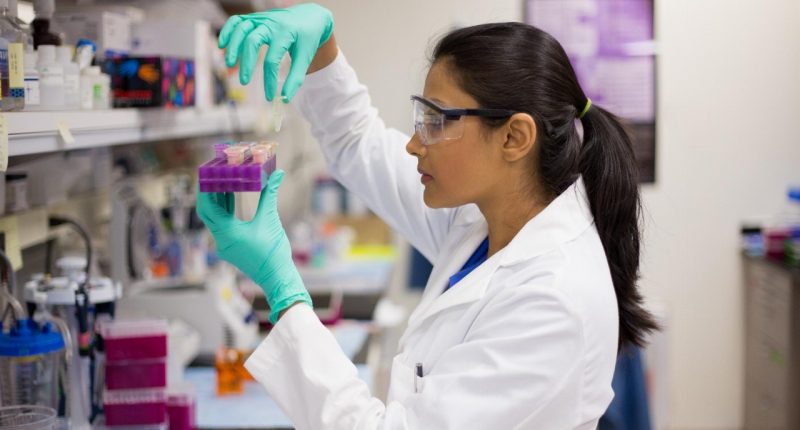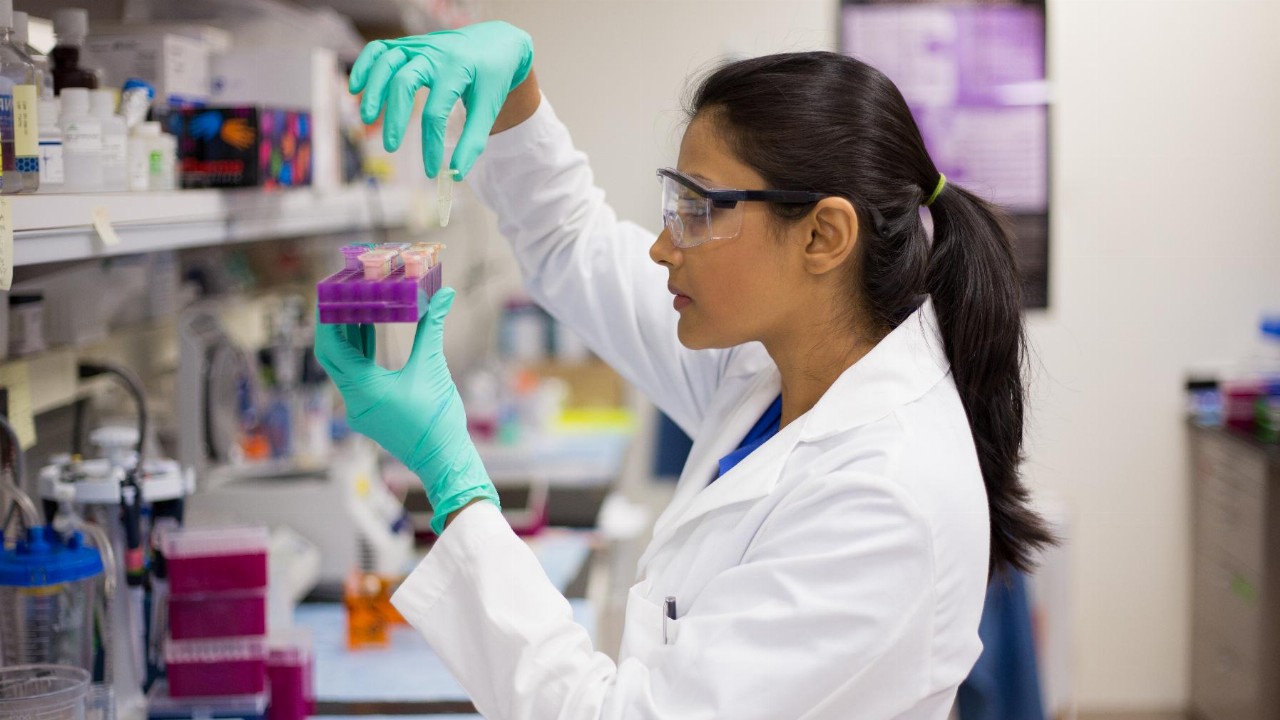- Optiscan Imaging (OIL) has begun stage three of its breast cancer study in Melbourne
- The study will involve 20 breast cancer patients at Royal Melbourne Hospital, Frances Perry House and Epworth Hospital using Optiscan’s FIVE2/Viewnvivo endomicroscope
- The Optiscan endomicroscope enables real-time, 3D imaging of human tissue at the cellular level, providing instant virtual biopsies for cancer screening
- Results from the Optiscan device will then be compared with a traditional pathology report
- Optiscan is up 9.09 per cent, trading at 12 cents
Optiscan Imaging (OIL) has begun stage three of its breast cancer study in Melbourne.
The study will involve 20 breast cancer patients at Royal Melbourne Hospital, Frances Perry House and Epworth Hospital using Optiscan’s FIVE2/Viewnvivo endomicroscope.
The Optiscan endomicroscope enables real-time, 3D, ‘in vivo’ imaging of human tissue at the cellular level, providing instant virtual biopsies for cancer screening, enabling faster diagnoses and treatment.
The handheld instrument allows surgeons and pathologists to instantly view tissue at 1000 times magnification, enabling clinicians, surgeons and pathologists to identify cancerous tissue on the surface of a specimen in real time. This minimises the time required to have specimens sent to a lab for processing down from two or three days.
Optiscan’s study will be conducted by breast cancer surgeon Professor Bruce Mann, the Director of Breast Cancer Services for the Royal Melbourne Hospital and Royal Women’s Hospital.
Bruce is also a Professor of Surgery at The University of Melbourne.
“We want to trial the use of this technology to be able to see tumour cells, helping us to assess the adequacy of excision there and then,” said Professor Bruce Mann.
“Being able to have this sort of real-time information during surgery is critical to allow more accurate surgery, which is beneficial to the physical and mental wellbeing of breast cancer patients. By ensuring that we achieve ‘clear’ or ‘negative’ margins at initial surgery, we expect to reduce the requirement for a second surgery, which currently occurs in over 20 per cent of lumpectomy cases.”
For this stage of the study, freshly removed tissue will be immediately imaged with the Optiscan device before it is sent to pathology for regular histopathological processing and analysis to determine if all of the tumour has been removed.
Results from the Optiscan device will then be compared with the traditional pathology report.
“This technology has the potential to reduce the emotional and physical effects of repeat surgeries, save time, reduce hospital costs and improve accuracy,” said Professor Mann.
Funding for the study follows a successful workshop in 2020 organised by the Medical Device Partnering Program, support by LaunchVic, which fosters collaborations between researchers, industry, end-users and government to develop medical technologies with global market potential.
Optiscan is up 9.09 per cent, trading at 12 cents at 3:30 pm AEDT.







